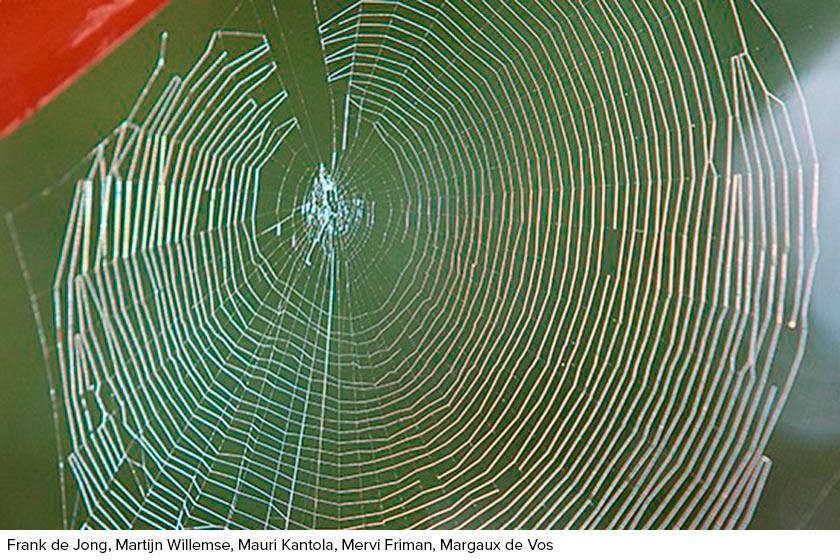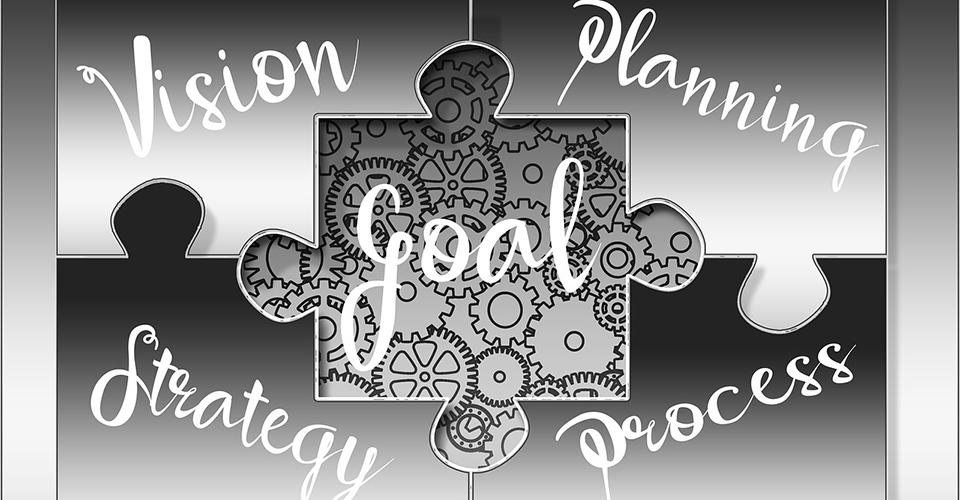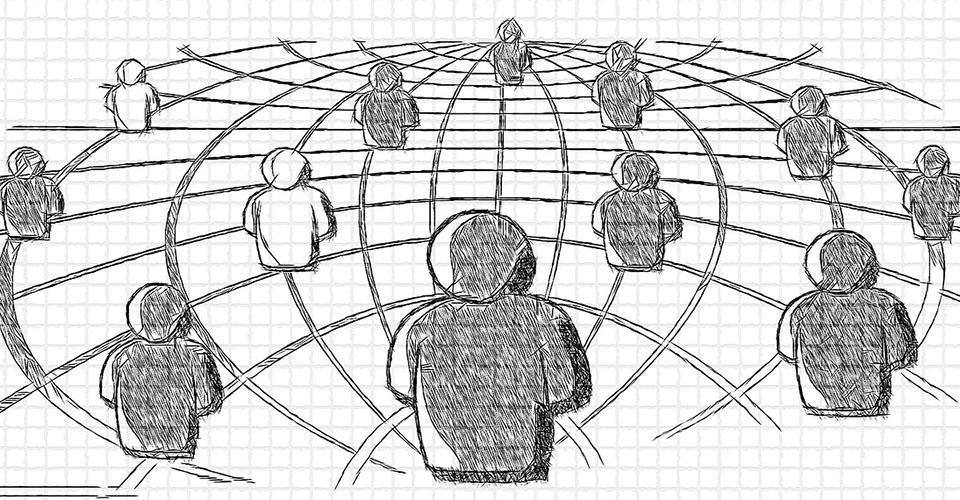
Minna Hiillos
Critical consideration, definition and, on the other hand, preservation of value choices central to the development of society have always been the responsibility of higher education institutions. Equality and non-discrimination are values that are familiar to actors in higher education institutions, and they have been pursued for a long time. Recently, there has been debate at global level in which the solving of the so-called wicked problems has been defined as the only justification for the existence of higher education institutions. In this context, wicked problems refer to major challenges related to the well-being of all humankind and the continuation of life. Wicked problems are well known to us and primarily concern the climate change but also issues such as the refugee crisis, the distortion of research-based information, and the pandemic. These are major wicked problems from the perspective of responsibility, equality, and non-discrimination.
Higher education institutions have a special duty to identify practices that support and develop responsible and equal operations in higher education communities. Yet identification is not sufficient by itself, as we must also act in accordance with our values. This issue primarily deals with responsibility. Responsibility is a theme that we encounter all the time, both as a concept and as a value choice, in both everyday life and at the workplace. Articles in this publication approach the theme of responsibility from the perspective of pedagogical management, equality and non-discrimination. The themes are approached through the diverse actors and activities of higher education institutions, seeking responsible practices.
How do these significant global problems described above relate to the articles in this publication? The process of finding, defining and describing responsible practices is particularly important in higher education communities where responsible practices affect a large number of actors. It is the task of the management of a higher education institution to define the objectives of responsible and equal operations, and to create the preconditions for their realisation. A higher education institution deals with a large number of processes that must meet the criteria for responsible and equal activities. The higher education institution itself is obliged to develop responsible and equal operations. Students participate in this work as members of the higher education community. The higher education community is the context in which learning takes place. Higher education institutions play a large role in society through teaching, research, and societal and regional impact. It is not irrelevant how this context of learning defines its practices from the perspective of responsibility and equality. For example, does it provide young students with competence and confidence that they have the skills and opportunities to address and solve wicked problems? Do higher education studies encourage students to question, invent, and engage in development activities? Does each student receive the same encouragement and support regardless of their background?
Articles in this publication indicate that higher education institutions actively reflect on issues of responsibility, equality, and non-discrimination, and look for answers to them. Each article approaches these themes from a different perspective and brings its own valuable contribution to the discussion on responsibility, equality and non-discrimination. We are solving wicked problems together by developing the practices of higher education institutions.
Author
Minna Hiillos, Doctor of Philosophy (Organisational Behaviour), Vice President, Haaga-Helia University of Applied Sciences, minna.hiillos@haaga-helia.fi






